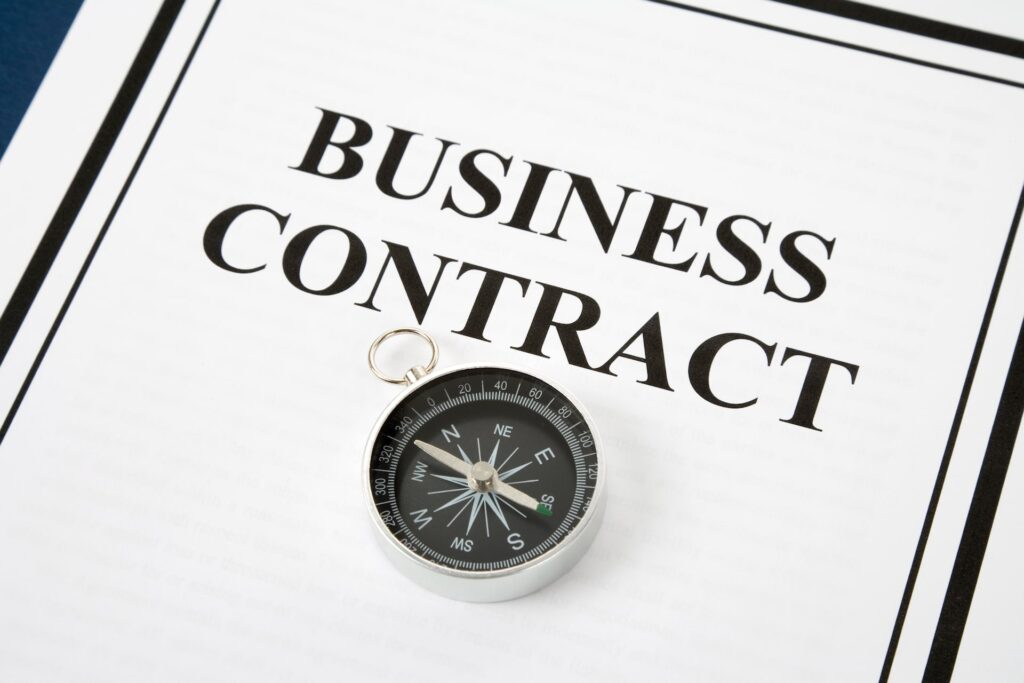One of the fundamental building blocks of a business is the contract. Almost everything in business is based on the contract. Ask any attorney, and they can recite the basic elements of a contract: offer, acceptance, and consideration. It’s too bad that’s not all there is when it comes to a contract; otherwise, we would not need attorneys. The problem is there is so much more.
The basic elements of a contract are what make it enforceable. However, as I have seen, writing a contract takes so much more time.
A Perfect Contract
A perfect contract protects a client’s interests. Notice I did not say that it saves a client’s legal interests. There is a balancing test that must be applied to an agreement. You must balance protecting the client legally with preserving the business for the client. In other words, if you draft an agreement that is too restrictive, the client will likely lose business. One of the contracts I reviewed for a client was so one-sided that I could not recommend my client sign. The other party was unwilling to negotiate, so they lost my client’s business. It is essential that when drafting a contract, you keep in mind the forest and the trees.
Trying to Do Too Much
As an attorney or business owner, you cannot foresee every possible scenario, nor should you try. If you do try, your agreement turns into a 100-page mess (much like most websites’ terms of service). It is painful to follow and even more challenging to enforce. Also, it is difficult to say there was a “meeting of the minds” when one party cannot comprehend what they have contemplated or will sign. Finally, a long, elaborate contract that attempts to cover every possible scenario shows the opposing party that you do not trust them to act in good faith.
If It Goes Without Saying, It Usually Goes Better With
One of my law professors used to say, “If it goes without saying, it usually goes better with [saying].” One of the best things about a contract is that it can almost have anything you want. The key is ensuring that you have it in the contract if it is essential. That’s why it is so important that when drafting/reviewing/negotiating a contract, you put what you want in the agreement without throwing everything in it, including the proverbial kitchen sink. An excellent agreement should follow the 80/20 rule. It should have 20% of what would be best for your business. The remaining 80% should be negotiable so your customers feel valued and part of the process. This will also ensure that you stay flexible with your goals as a business.
Final Thoughts on Contracts
Protecting your interests is crucial for success; otherwise, customers and vendors will take advantage of you. A contract is a great way to ensure everyone understands what is expected of them and what the remedies are in the case of a breach. However, if you demand too much in an agreement, it will harm your ultimate business interest, that’s to serve your customers. A decent contract will attempt to outline every possible scenario. A great contract will outline the things that will protect you the most and leave the rest to be negotiated.
NOTICE: The information on this website does not constitute legal advice. You should not rely on any information without seeking the advice of a competent attorney licensed to practice in your jurisdiction. This website is both a communication and/or solicitation as defined by California Rules of Professional Conduct, rule 1-400. For further information, please click here.



